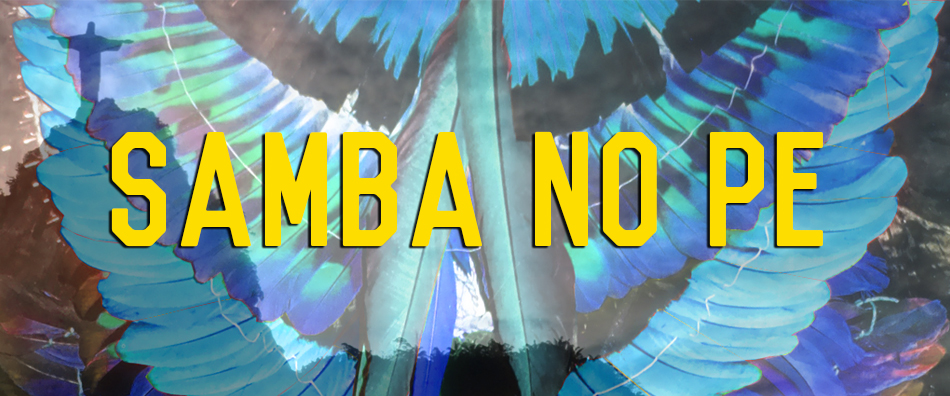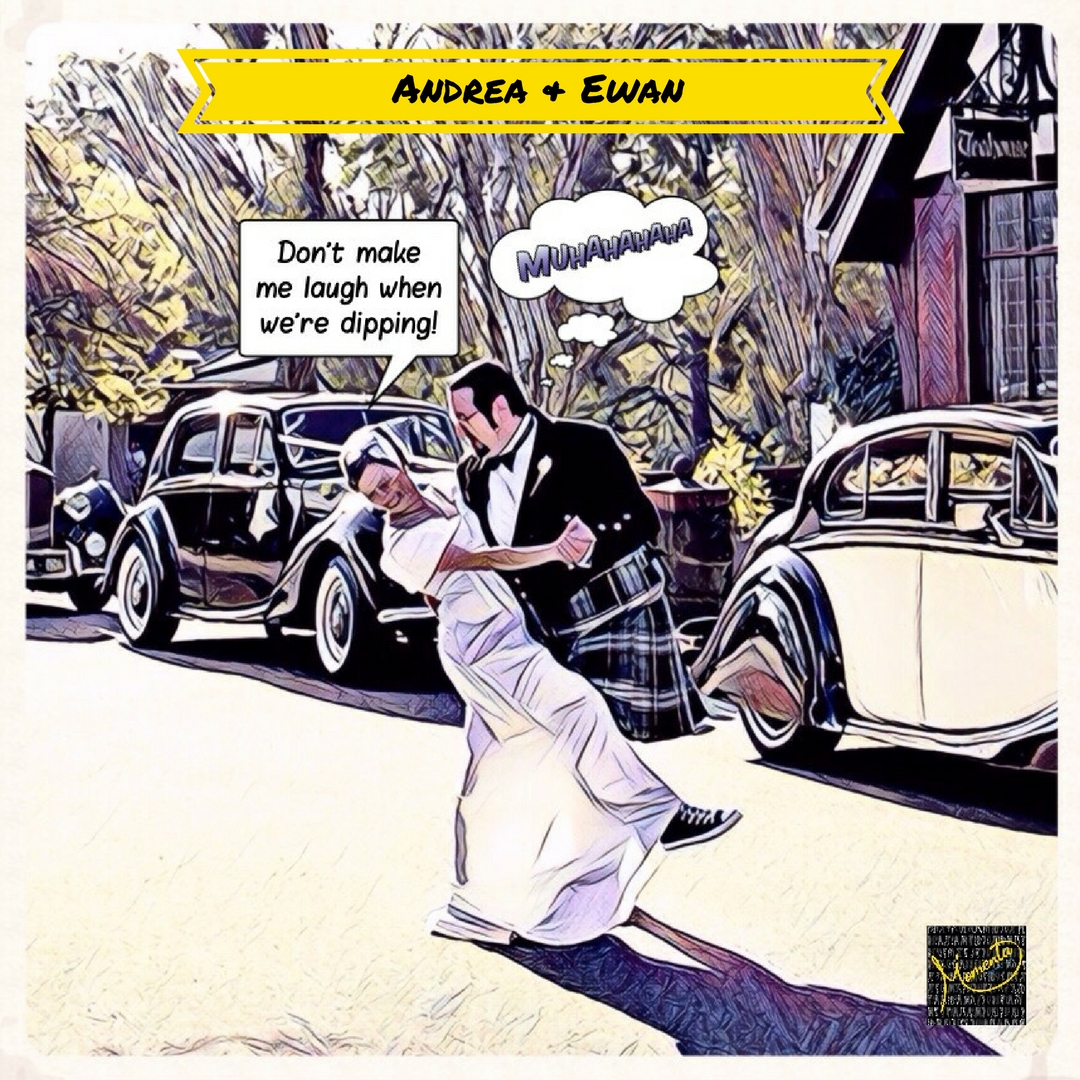
What is Samba no pé?
Samba no pé, which means “Samba on the feet”, is a solo dance originating from Brazil. It reflects the country’s distinct heritage of West African slavery during Portuguese colonisation, and the culture of the local Amerindian people.
There are several theories about the origin of the word “samba”. One theory is that it comes from a sensuous Afro-Brazilian dance called “semb” or “umbigada”. In the indigenous language, “samba” means roda de dança, or a circle to dance since the indigenous peoples danced in celebration on many occasions, such as Amerindian or Afro-Brazilian religious ceremonies, but was also practiced at random. The Samba of Roda was also considered an expression of freedom and identity of the underprivileged and became a means of liberation.
Samba, as we know it today, is an urban music style that arose in the early 1900s in the slums, or “favelas” of Rio de Janeiro. Often linked to Brazil’s Carnival parade with its feathers, high heels, and amazing costumes, Samba no pé is a high energy dance celebrating joy and life.
What it looks like!
What will I learn in the class?
In our classes, you will learn
- Samba No Pé – the sexy, cheeky style of samba made famous by Brazil’s Carnival
- Afro-samba – the strong style of samba based on African tribal movements.
Our progressive syllabus means you will start with learning the fundamental footwork, timing and body movement before progressing to adding speed and intricacy to your foundations. We also incorporate warm up and stretching into all classes to prepare your body for the class and to reduce soreness and stiffness the next day!
If you’re looking for a fun, energetic class where you dance individually, then Samba No Pé is for you! You will get a workout, you will get a smile!
Find out more about your learning journey here.
SOURCE:
Great Brazilian Music website, “Samba”, http://www.greatbrazilianmusic.com /samba.html (accessed: 14/01/15)
UNESCO, “The Samba de Roda of Recôncavo of Bahia”, http://www.unesco.org/culture/intangible-heritage/07lac_uk.htm (accessed: 14/01/15).



